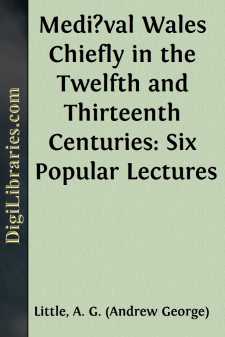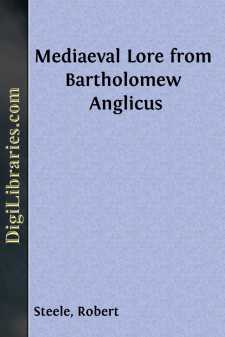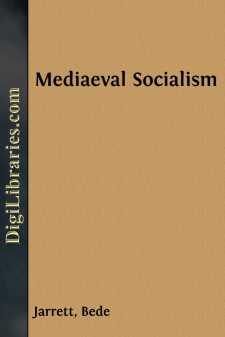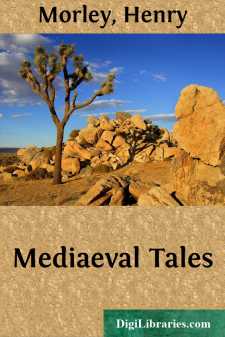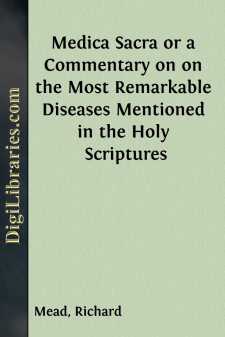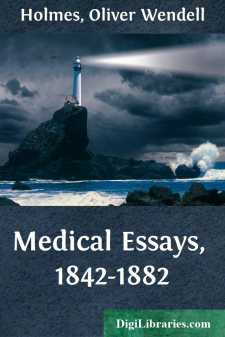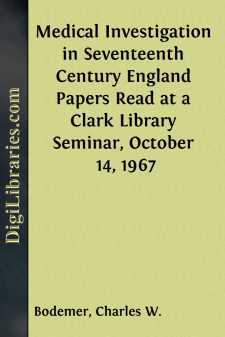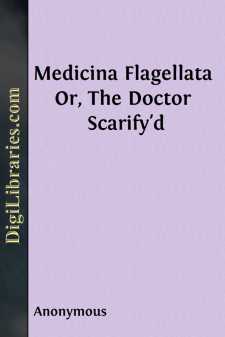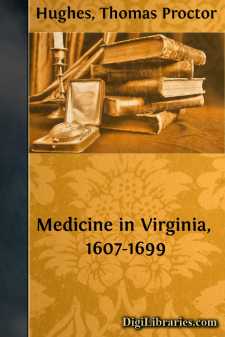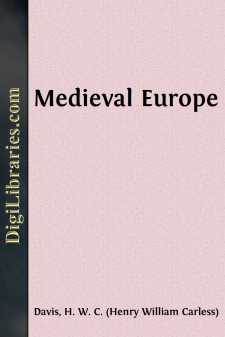Categories
- Antiques & Collectibles 13
- Architecture 36
- Art 48
- Bibles 22
- Biography & Autobiography 813
- Body, Mind & Spirit 142
- Business & Economics 28
- Children's Books 13
- Children's Fiction 10
- Computers 4
- Cooking 94
- Crafts & Hobbies 4
- Drama 346
- Education 46
- Family & Relationships 57
- Fiction 11828
- Games 19
- Gardening 17
- Health & Fitness 34
- History 1377
- House & Home 1
- Humor 147
- Juvenile Fiction 1873
- Juvenile Nonfiction 202
- Language Arts & Disciplines 88
- Law 16
- Literary Collections 686
- Literary Criticism 179
- Mathematics 13
- Medical 41
- Music 40
- Nature 179
- Non-Classifiable 1768
- Performing Arts 7
- Periodicals 1453
- Philosophy 64
- Photography 2
- Poetry 896
- Political Science 203
- Psychology 42
- Reference 154
- Religion 513
- Science 126
- Self-Help 84
- Social Science 81
- Sports & Recreation 34
- Study Aids 3
- Technology & Engineering 59
- Transportation 23
- Travel 463
- True Crime 29
Sort by:
INTRODUCTORY IN the following lectures no attempt will be made to give a systematic account of a political development, which is the ordinary theme of history. History is “past politics” in the wide sense of the word. It has to do with the growth and decay of states and institutions, and their relations to each other. The history of Wales in the Middle Ages, viewed from the political standpoint, is...
more...
by:
Robert Steele
PREFACE It is not long since the Middle Ages, of the literature of which this book gives us such curious examples, were supposed to be an unaccountable phenomenon accidentally thrust in betwixt the two periods of civilisation, the classical and the modern, and forming a period without growth or meaning—a period which began about the time of the decay of the Roman Empire, and ended suddenly, and more...
more...
by:
Bede Jarrett
INTRODUCTION The title of this book may not unnaturally provoke suspicion. After all, howsoever we define it, socialism is a modern thing, and dependent almost wholly on modern conditions. It is an economic theory which has been evolved under pressure of circumstances which are admittedly of no very long standing. How then, it may be asked, is it possible to find any real correspondence between...
more...
by:
Henry Morley
This volume of "Mediæval Tales" is in four parts, containing severally, (1) Turpin's "History of Charles the Great and Orlando," which is an old source of Charlemagne romance; (2) Spanish Ballads, relating chiefly to the romance of Charlemagne, these being taken from the spirited translations of Spanish ballads published in 1823 by John Gibson Lockhart; (3) a selection of stories...
more...
by:
Richard Mead
T is a natural, nor can it be deemed an illaudable curiosity to be desirous of being informed of whatever relates to those who have eminently distinguished themselves for sagacity, parts, learning, or what else may have exalted their characters, and thereby entitled them to a degree of respect superior to the rest of their cotemporaries. The transmission of such particulars, has ever been thought no...
more...
PREFACE. The character of the opposition which some of these papers have met with suggests the inference that they contain really important, but unwelcome truths. Negatives multiplied into each other change their sign and become positives. Hostile criticisms meeting together are often equivalent to praise, and the square of fault-finding turns out to be the same thing as eulogy. But a writer has rarely...
more...
To discuss embryological thought in seventeenth-century England is to discuss the main currents in embryological thought at a time when those currents were both numerous and shifting. Like every other period, the seventeenth century was one of transition. It was an era of explosive growth in scientific ideas and techniques, suffused with a creative urge engendered by new philosophical insights and the...
more...
by:
Anonymous
T is most certain that all Nations, even the most barbarous, have in all Ages made use of Medicines, to ease their Pains, to regain or preserve Health, the greatest among earthly Felicities; in the Absence whereof, we cannot relish any of those numerous Enjoyments, which the bountiful Creator hath plentifully bestow’d on us; so that the most sublime ancient Philosophers who excluded all other...
more...
CHAPTER ONE European Background and Indian Counterpart to Virginia Medicine European Background The origins of medical theory and practice in this nation extend further than the settlement at Jamestown in 1607. Jamestown was a seed carried from the Old World and planted in the New; medicine was one of the European characteristics transmitted with the seed across the Atlantic. In the process of...
more...
All divisions of history into periods are artificial in proportion as they are precise. In history there is, strictly speaking, no end and no beginning. Each event is the product of an infinite series of causes, the starting-point of an infinite series of effects. Language and thought, government and manners, transform themselves by imperceptible degrees; with the result that every age is an age of...
more...


